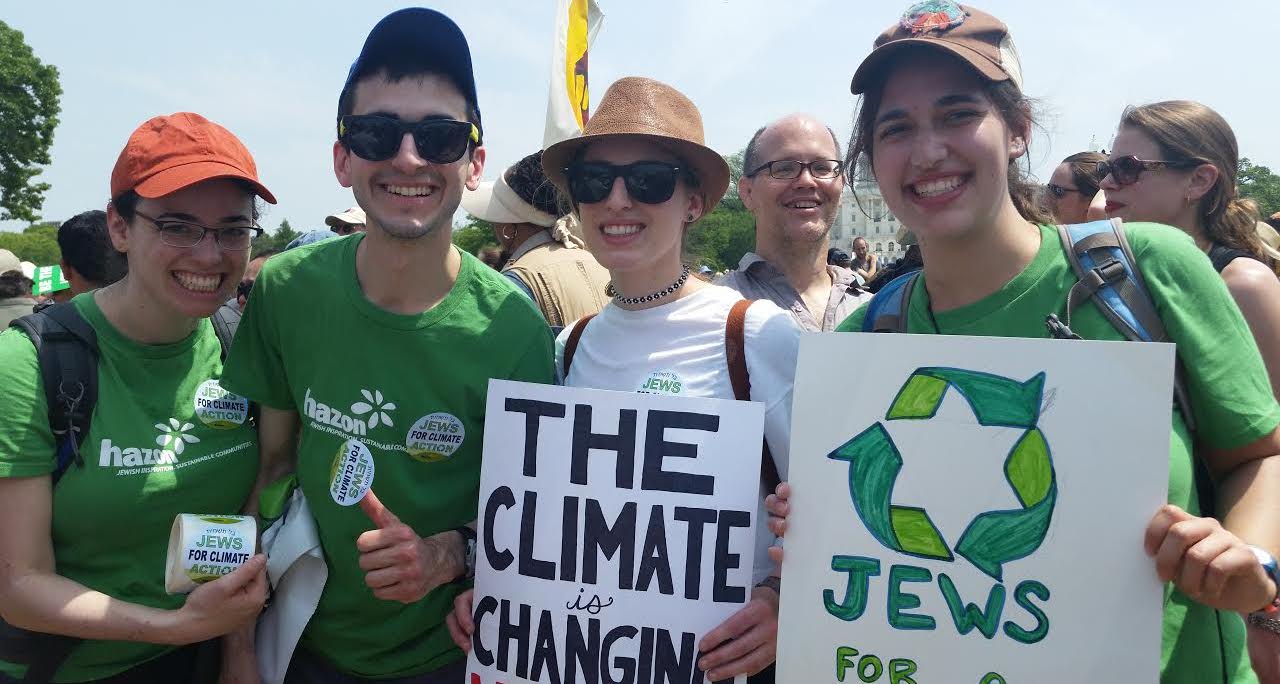Commentary on Parashat Vayechi, Genesis 47:28-50:26
It’s all coming to an end. That must have been Jacob’s thought as his life and the book of Genesis drew to a close. In Egypt, far from the land of God’s promises. Wondering about his children and their future. Would they preserve the covenant passed down since his grandparents, Abraham and Sarah? Which of his children could be the one who would take hold of the torch? Jacob knew very well that with his children, things would now be different–not Joseph, not Reuben, not Judah, none of them individually would be in their generation what Jacob had been in his–the one.
Yearning for Idealism
A golden age was coming to an end, and all Jacob knew for certain was that the future of a unique set of values and principles would be entrusted to the likes of Menasheh and Ephraim, his very Egyptian grandchildren, whom he was about to bless.
I have often felt as though I missed the golden age of civil rights and social justice in America. I was born too late to march in Washington or Selma, never heard Dr. King speak in person. I arrived at the Jewish Theological Seminary years after Heschel had died. Sometimes, I imagine myself as a college student deciding to head to Mississippi for Freedom Summer. At least, that’s how I like to see myself, risking my life for ideals in a struggle where the right side won and it’s there in the history books for all to see.
Where is today’s Freedom Summer? Where would I go to sign up for the cause that will go down in history? What could I do today as dramatic and life-threatening as Mississippi?

Help us keep Jewish knowledge accessible to millions of people around the world.
Your donation to My Jewish Learning fuels endless journeys of Jewish discovery. With your help, My Jewish Learning can continue to provide nonstop opportunities for learning, connection and growth.
A Plethora of Causes
Today, there is no single cause to rivet our attention. Environment, globalization, voting rights, equality in education, economic justice, racism; each seems like its own world sometimes. There is no central address, and no moral and spiritual leader who is the voice for our age. Often the causes feel more like organizations than ideals sparkling in purity.
We live after the golden age, apparently. But rather than moan, we have to find a perspective, and a way to act.
Making Change
Jacob and his children teach me that the end of a golden age does not mean the end of ideals. Golden ages are important, and they inspire–but they are the exceptional periods. Genesis, after all, is only one of the five books of the .
The rest of the Torah tells of life lived after the first great ones, and in fact much of the remaining story centers on a generation once more removed, not only from the patriarchs and matriarchs but from the Exodus from Egypt, the great liberation experience.
Are those generations inferior because they did not speak individually with God, leave family and homeland on a mere promise, or debate justice with God over Sodom? Of course not. They had in many ways a more difficult task: to make manifest principles that their ancestors had only just discovered.
Dramatic as first steps might be, the tenth and hundredth present their own challenges. Exciting as it may be to meet the charismatic founder, the true test of a vision is whether people in general can sustain it, propound it, and live it.
Furthering Jacob’s Vision
So I read my copy of “Letter from Birmingham Jail” and fantasize about decisions I might have made–but then I have to face the choices and opportunities here and now.
I choose to focus on doing something about poverty in America by engaging and training a new cadre of Jewish teens, and studying Torah with them as it relates to wealth, work, and community. I work hard at that, and from time to time create something new in the world, a path for young Jews to follow that enables them to see how they can change our society.
In and of itself, that won’t land me in the history books. But if in time the books tell the story of a new generation committed to service and social justice, I’ll recognize myself as one of the unnamed great-great-grandchildren of Jacob, an heir doing his part to further the visions of the golden age.
Reverberating Visions
There is an old story that traces the Shema, arguably the most central Jewish prayer, to Jacob’s deathbed. According to the legend, Jacob let his children know his doubts and fears about whether they would continue in his path. They answered him: Shema, Yisrael–“Listen, Israel,” addressing Jacob by his God-given name–“the Lord our God, the Lord is One.” We will carry on your vision, they say. And in the process, the first “ungolden” generation writes the words that have unified Jews ever since.
Maybe we, the children born too late to integrate the lunch counters, can be like Jacob’s children–the ones to write the powerful new words that make the visions of the past reverberate through all time to come.
Provided by SocialAction.com, an on-line Jewish magazine dedicated to pursuing justice, building community, and repairing the world.



